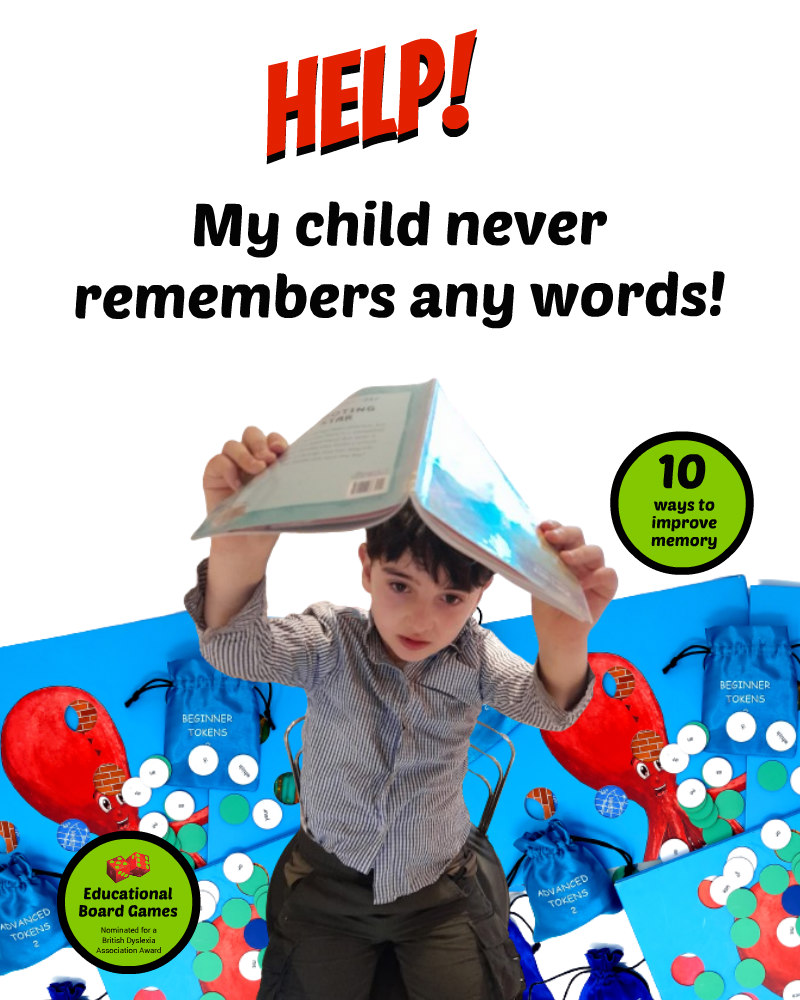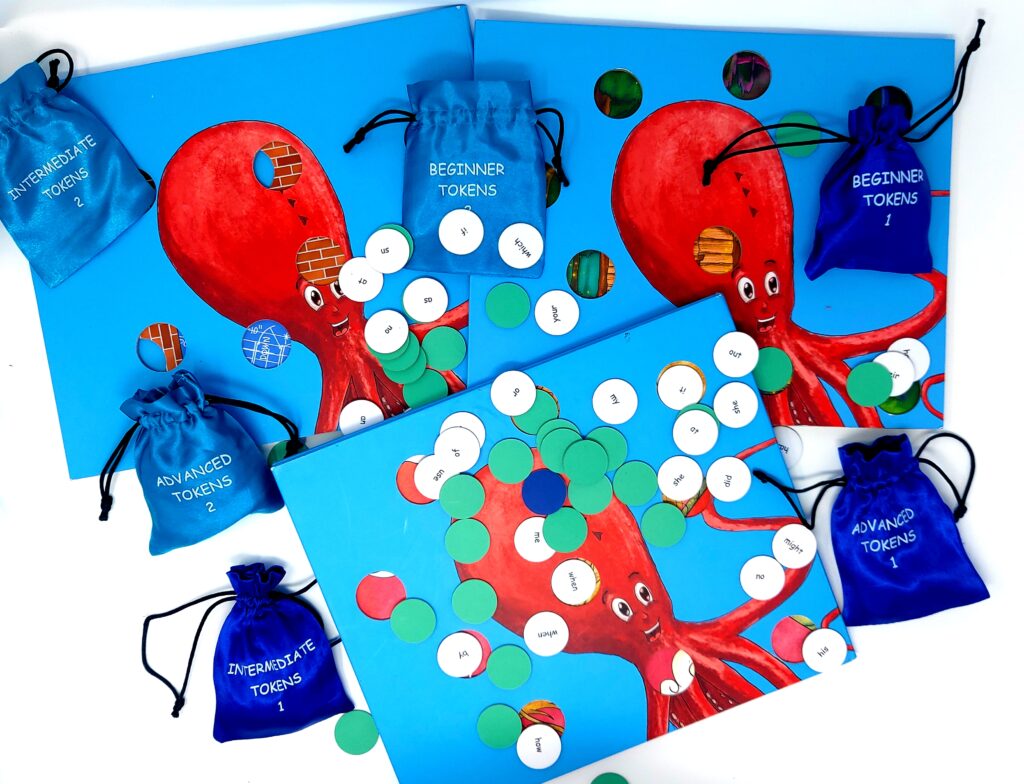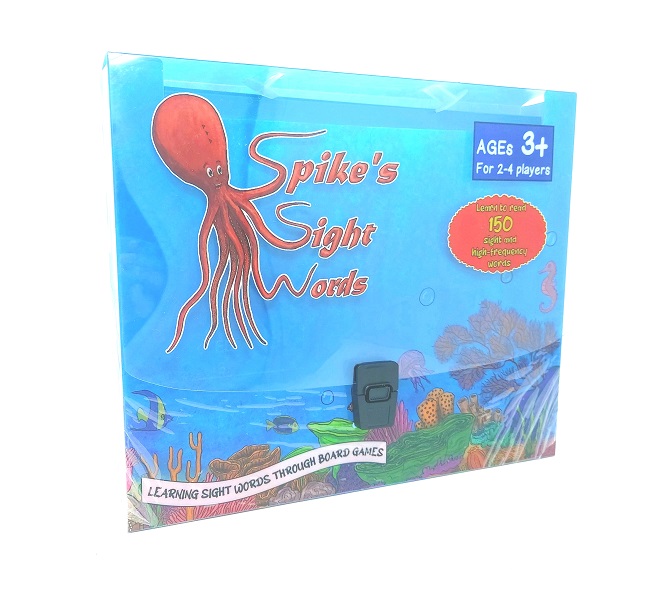
Memory is an important part of building a solid foundation for learning, both in the classroom and beyond. Having a great memory can help your child do better in school, perform well on tests, and achieve better grades.
But sharp memory skills aren’t something that people are born with—these skills develop and improve the more they are used. Like any other skill, practice makes perfect.
Every time you sit down to read a book, your brain recalls and uses a great deal of information to understand the text.
This is because reading requires us to draw on relevant information stored in our memory in order to gain meaning.
A good working memory is essential for reading and learning, as well as other important processes, such as concentrating and following instructions.
What is working memory?
Working memory refers to how we manipulate information stored in our short-term memory. Children use this all the time to learn, read and follow everyday instructions.
Improving your child’s working memory is a powerful way to improve their reading fluency, vocabulary and comprehension.

Here are 10 things to improve your child’s working memory:
1. Practise putting words and ideas into categories
When new concepts and words are put into categories, they become much easier to remember. Several studies have shown that when category cues are applied, children are twice more likely to remember associated words than if left to recall them on their own.
2. Work on visualization skills
Encourage kids to create a picture in their mind of what they’ve just read or heard. For example, say you’ve asked your child to set the table for five people. Have your child imagine what the table should look like, and then draw it. As kids get better at visualizing, they can describe the image instead of drawing it.
3. Help your child become a more active reader
To enhance working memory while reading, young children can get into the habit of becoming active readers. Encourage your child to underline, highlight or jot down key notes in the margin while reading lengthy books.
4. Have your child teach you
Being able to explain how to do something involves making sense of information and mentally filing it. Have a go at your student playing the teacher role.
5. Talk about what you have read
Soon after you’ve read a book, ask your child to give you a summary of the events that took place. They can draw pictures, write a summary or simply tell you what happened in chronological order. You can also ask questions to reinforce key information in the book.
6. Give your child memory boosting foods
Many of the foods we eat help to keep our brains healthy. Some foods, like fruit, vegetables, herbs and spices contain plant compounds that help protect the brain. Others like nuts, eggs and oily varieties of fish contain beneficial fats and certain vitamins and minerals that the brain needs to ensure our memory – both short-term and long-term, remain sharp.
7. Make sure your child sleeps well
Working memory performance declines under conditions of sleep deprivation. These performance decrements are associated with a change in neural activation throughout the brain, particularly in the frontal and parietal areas.
8. Enjoy learning!
Often words need a lot of repetition! Who wants to repeats words over and over again if it is boring? Play fun games, leave notes around the house or even play our educational board games!
9. Help your child become a more active reader
To enhance working memory while reading, young children can get into the habit of becoming active readers. Encourage your child to underline, highlight or jot down key notes in the margin while reading lengthy books.
10. Play fun games!
There are tons of memory boosting games out there. I remember playing the game ‘pairs’ a lot with my children. I also played the game when I had objects on a table and then I took one away and they had to remember what was missing. We play this in restaurants or at home – keeps them busy and thinking also!


